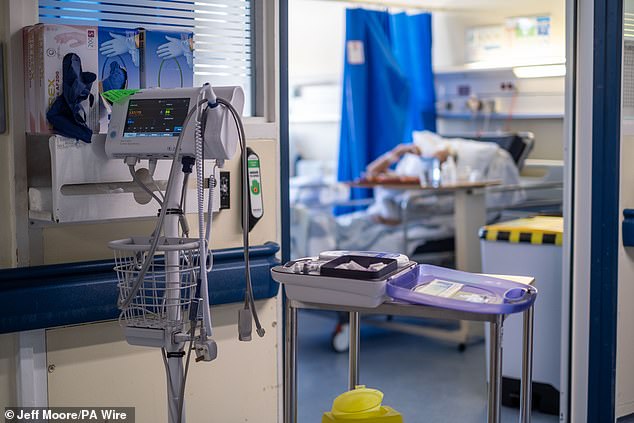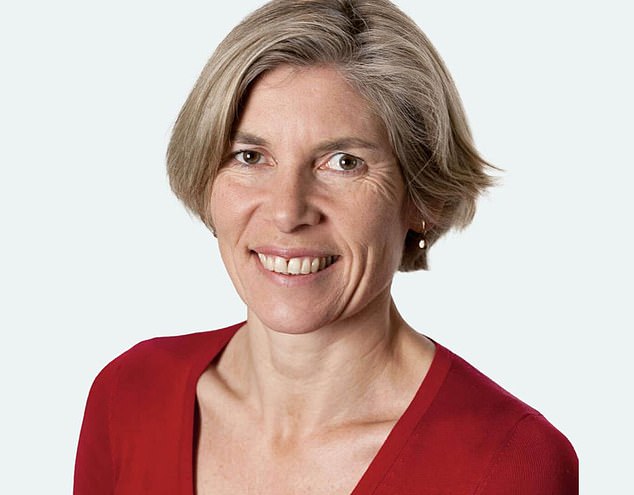The new boss of NHS England has admitted dysfunctional bureaucracy across the health service makes you ‘just want to cry’.
Dr Penny Dash, who has previously worked as a hospital doctor, senior manager and director in the NHS, tore into ‘poor management’ of resources in England’s hospitals.
She also condemned an inconsistency in care for patients across different parts of the nation as ‘a stain on our country’.
Dr Dash took charge of NHS England earlier this year after Labour unveiled plans to abolish the quango and reintegrate it into the Department of Health and Social Care.
Speaking to the Sunday Times, the NHS England chairwoman said she was ‘absolutely passionate about improving the quality of care’.
‘From my earliest days as a medical student on the wards, I could see variation in the care people were receiving,’ she said.
‘We’ve got some GP practices where less than 2 per cent of people with diabetes get the right care but in other GP practices it’s 80 per cent. That cannot be right.
‘I think it is a stain on our country that we have some of the poorest communities receiving the poorest care.’

The new boss of NHS England has admitted dysfunctional bureaucracy across the health service makes you ‘just want to cry’

Dr Penny Dash, who has previously worked as a hospital doctor, senior manager and director in the NHS, tore into ‘poor management’ of resources in England’s hospitals
Dr Dash added: ‘We’ve got fewer GPs per head of population in the parts of the country that need them most than we do in the parts of the country that need them least.’
The NHS England chairwoman also spoke to the newspaper about opening up the health service to greater public scrutiny.
‘We’re going really big on transparency,’ she said.
‘We collect more data on quality of care than any other country. Let’s use it, let’s get it out there. We don’t make it easy for members of the public to see it.’
In February, a report by The King’s Fund and Healthwatch highlighted some of the administrative chaos within the NHS.
One patient received a text for an appointment on the 99th of January and a deaf patient received repeated phone calls.
Others received letters after the date of their appointment. On hearing such stories, Dr Dash said: ‘You just want to cry’.
She added: ‘There is poor management – we have operating theatres that don’t start on time and that has a really high cost.’
The NHS boss gave the use of scanners as another example.
‘Even when brand new, fully staffed and ready to go, we still don’t use them effectively,’ she said.
‘Often we could do at least 20 per cent more [scans] during regular hours – even more if we used them for more hours of the week.’
Prime Minister Sir Keir Starmer this week launched the Government’s ’10 Year Health Plan’ for the NHS.
It set out a series of shifts to bring care much closer to people’s homes, reducing the reliance on hospitals and A&E.
Under the changes, there will be fewer staff working in the NHS than previous projections said were needed, with far more providing care closer to home and fewer working in hospitals.
Key reforms include a greatly enhanced NHS app to give patients more control over their care and more data at their fingertips, new neighbourhood health centres open six days a week and at least 12 hours a day, and new laws on food and alcohol to prevent ill health.












